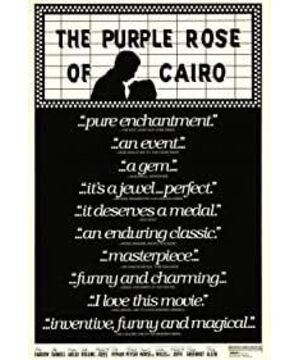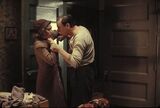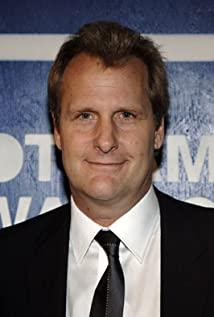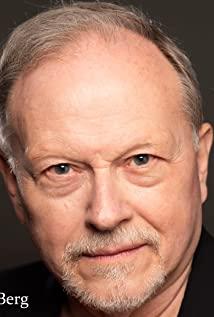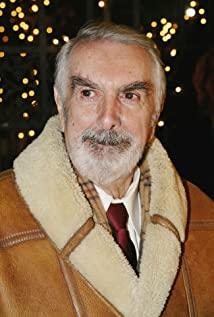"You have ghosts to praise, don’t have immortals and you don’t know"
by caesarphoenix
"The shining life" is a novel by Liu Wenyang, how to write a copy of only half an hour's life to spend his "life" Love the girl you like, the original version of "I" looks awkward in front of "him." "The Purple Rose of Cairo" is much more complicated than "Sparkling Life" and more profound than the simple story of campus atmosphere. At the same time, it also has a certain comic color, but in the largest frame they tell the same story.
The Tom Buster who walked off the screen was far more sincere and perfect than the actor Jill Shepherd. His wholehearted love-his heartfelt words in the brothel touched the poor women, but when he Knowing that the heroine no longer loves him, he stays on the screen, preferring to lose the hard-won freedom forever (the same play has been performed 2,000 times and the heroine has seen it five times before gaining freedom). In order to survive the crisis and save his career, Jill Shepherd does not hesitate to show love (using acting skills to deceive, true or false) to tear a heart that has just ignited hope again.
Of course, "The Purple Rose of Cairo" also expresses something deeper. First of all, the story takes place during the Great Depression after World War I. People couldn't find a job. There were Sicilia husband-like idlers everywhere. They fooled around with the money earned by their wives—sometimes coaxed and sometimes threatened by force. And the popularity of "White Phone" (Cecilia said she always wanted one, it was a cultural symbol of that era) film is satisfying the thirst of people in painful lives. Love, champagne, dance parties, and spectacles that do not exist in reality are all presented in the movie. It may be too modest to say that the movie is a "dream machine". It is true for some people and gives them the courage to live in this illusory world (such as the ending).
At the same time, this is also a layered film. There is also a "Purple Rose of Cairo" currently being screened. The "Reality in the Film" and "The Film in the Film" are not only intertextual but also interactive between the characters on and off the screen. In the beginning, Cecilia went to watch the film many times. The plot of the internal film was constantly displayed and repeated from time to time, and also showed the heroine's heart. Later, Tom walked out of the screen, and the remaining characters were on the screen with the audience, the theater owner, and the producer. The dialogues between the parties are also very dramatic, and they all participated in Cecilia's decision at the end.
This kind of introspection and criticism of Hollywood is fully revealed in "Manhattan." More importantly is Woody Allen’s consistent skepticism and pessimism of human nature, Isaac who has no confidence in people in "Manhattan", Ivey who is anxious in "Anne Hall", and even "The End of the Game." Wilton, who killed his lover in order to live a bourgeois life. "The Purple Rose of Cairo" is not totally pessimistic, and a genius who can make a heinously "cheap" movie like "The Book of Sex" would not be like that. So at the end of the film, Cecilia still has to watch love songs and dances in the cinema, intoxicated and even smiling. This scene is not to criticize the movie as a drug that numbs the public, but to say that life is always fun and hopeful, even if the hope is not true.
"You have ghosts and talents, don’t have immortals and talents." It’s Li Ao’s boasted limerick. Here I dedicate it to Woody Allen, although I have only watched six of his movies (the above five, plus "exclusive news"). He hides his deep worries about the world in humorous and interesting stories, and he has the deepest care in a small format.
View more about The Purple Rose of Cairo reviews


